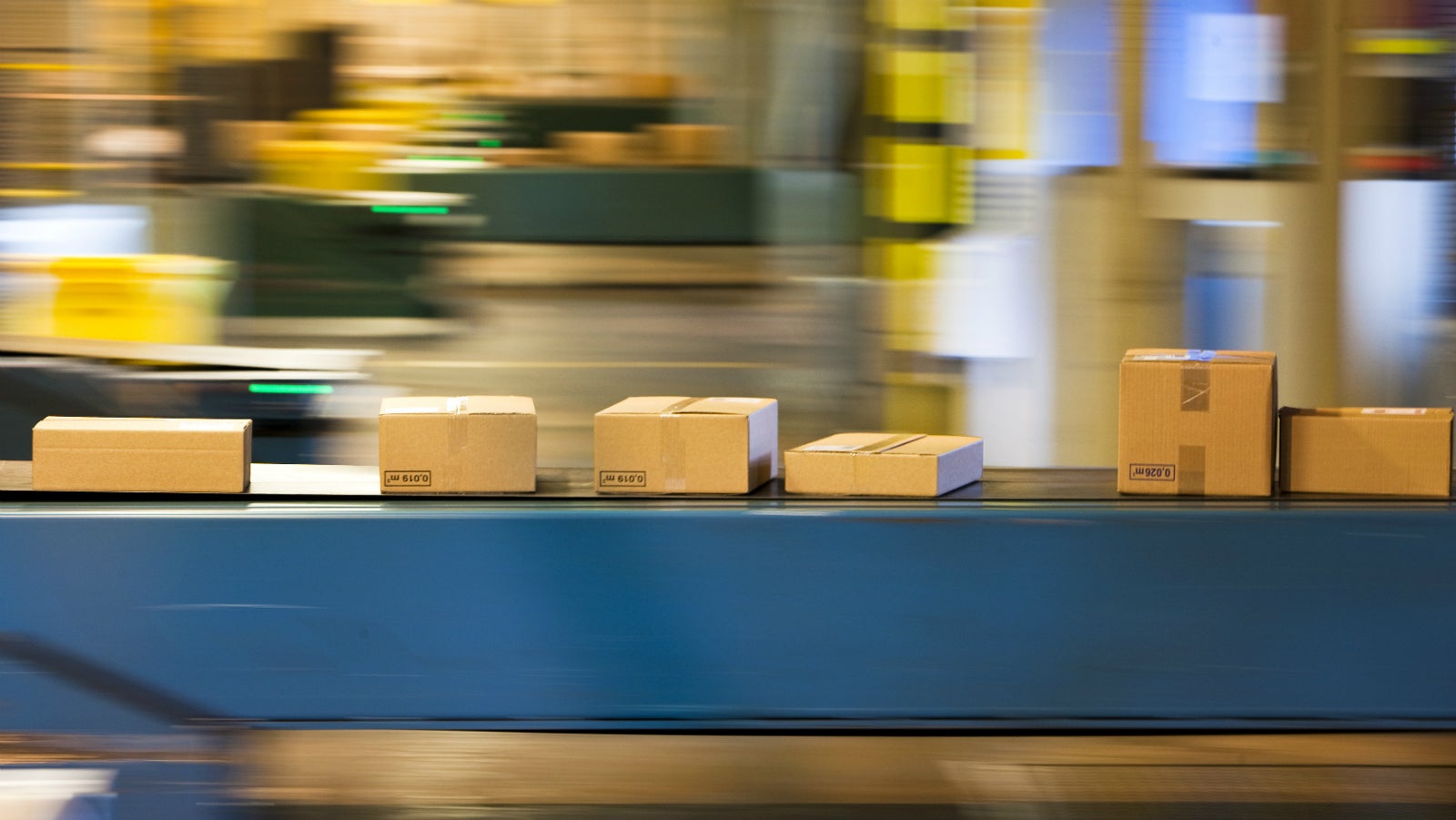When Lacoste India trolled Amazon India on stage (perhaps unwittingly)
If it’s not from a Lacoste store, that tee you bought through your favourite e-tailer is probably counterfeit.


If it’s not from a Lacoste store, that tee you bought through your favourite e-tailer is probably counterfeit.
In India, the French clothing brand sells only through its own website, besides a chain of 50-odd stores, according to a country representative of Lacoste. Everything else is probably a fake or unauthorised, he said during a panel discussion at a retail conference on Sept. 1.
“None of the products sold outside our online store (www.lacoste.in) is sold by us. They are either counterfeit, unauthorised, or imported,” said Rajesh Jain, managing director and CEO of Sports and Leisure Apparel, which has exclusive franchisee rights to make and market Lacoste products in India.
That is not really a big revelation but it may have left Raghava Rao, the chief financial officer of Amazon India who joined Jain on stage for the discussion, a little uneasy. After all, Rao’s company hosts a wide range of Lacoste products on its website.
Jain said that Lacoste, which entered India in 1993, has stayed away from e-commerce websites because of the discount culture. Yet, a simple Google search shows that everything from Lacoste tees to sunglasses and shoes are sold on websites such as eBay, Amazon, and Snapdeal.
On Amazon.in, some of these products, at par with in-store prices, are sold by third-party sellers such as ShopYourWorld and LiveYourSport. These sellers describe themselves as retailers of imported products.
However, “such products are often unauthorised because nobody can import or buy them through resale without the consent of the brand or the parent company,” Jain said. And Lacoste has no such import agreements for India.
Amazon’s Rao did not directly respond to Jain’s concerns.
Faking it
Online and offline retailers have sparred over fake or unauthorised goods for some time now. Brands have even dragged online retailers to court over excessive discounts and fake goods. Earlier this year, American headphone maker Skullcandy took Paytm to court for allegedly selling counterfeits. Similarly, in 2015, eyewear brand Ray-Ban got a court injunction to stop online marketplace Shopclues from selling fakes, the Economic Times reported.
Most e-commerce companies are marketplaces that allow third party vendors to sell their wares.
An eBay spokesperson said that ”all listings on eBay India are made by independent sellers and eBay India is an intermediary and is not responsible for items listed on www.ebay.in. The sellers are required to be in full compliance with applicable provisions of law.”
In an email, an Amazon India spokesperson said that the company takes the issue of fake and counterfeit products being sold on their marketplace very seriously. “We work with the sellers to bring such (counterfeit) products down from our website. In case, of repeated offenders we do not hesitate to take strict action and may even go to the extent of delisting them from our marketplace,” the spokesperson said.
Snapdeal did not respond to queries.
For brands like Lacoste, the online market is a bit of a Catch-22 situation. They know the risks, yet, with the growing popularity of e-commerce, they cannot afford to stay offline for too long.
“We have so far stayed away from online because of the price differential strategy followed by most e-retailers,” said Jain. “But while that has subsided now, for us to start talking to them, these counterfeits will have to go away.”